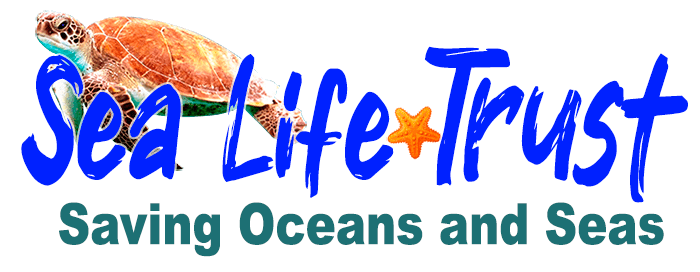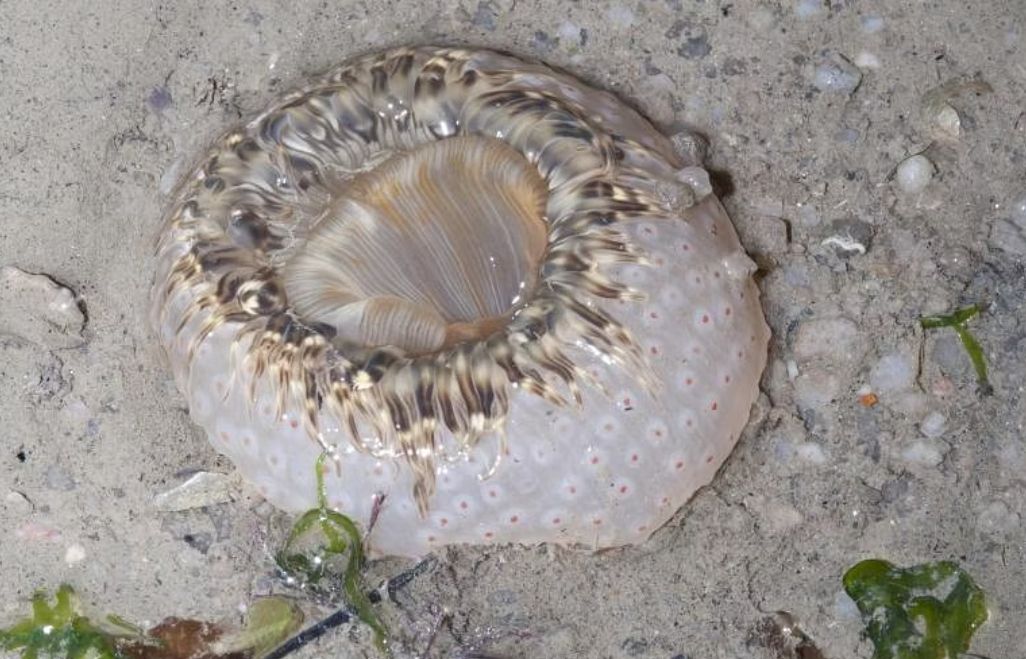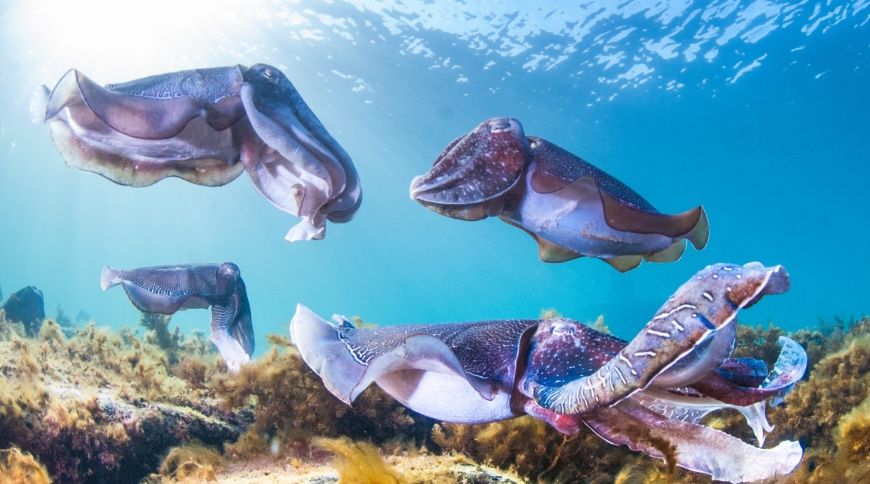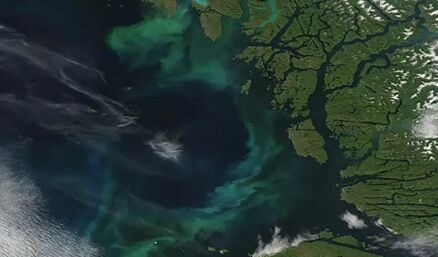At sea-life-trust.com, we are dedicated to protecting and preserving our oceans and sea life for future generations. Our mission is to actively engage in marine conservation, provide education and information, and inspire activism to ensure a sustainable future for all marine ecosystems.
We are excited to announce that we now accept donations in cryptocurrency! As technology advances, we recognize the growing importance and popularity of cryptocurrencies as a means of financial transactions. By accepting donations in cryptocurrency, we aim to make it even easier for our supporters to contribute to our cause.
We welcome donations in any major cryptocurrency, and we are grateful for your support in any form it comes. Here are just a few examples of the cryptocurrencies we accept: Bitcoin (BTC), Ethereum (ETH), SUI (SUI), Ripple (XRP), Litecoin (LTC), Bitcoin Cash (BCH), Cardano (ADA), Polkadot (DOT), Stellar (XLM), Chainlink (LINK), Binance Coin (BNB) and many more!
If you prefer to donate in a different cryptocurrency, please contact us at donate@sea-life-trust.com, and our team will provide you with the necessary instructions.
Contact us for donation instructions: To receive the necessary wallet address and donation instructions for your chosen cryptocurrency, please reach out to us via email at donate@sea-life-trust.com.
After completing the donation, we extend our heartfelt gratitude for your generous contribution. Your support plays a crucial role in our efforts to safeguard our oceans and sea life.
If you have any questions or require assistance with your cryptocurrency donation, please don’t hesitate to contact our support team at donate@sea-life-trust.com.
Your contribution, whether in cryptocurrency or traditional currency, will make a significant impact on marine conservation. Together, we can create a better and sustainable future for our oceans and the remarkable creatures that inhabit them. Thank you for joining us in this important endeavor!




